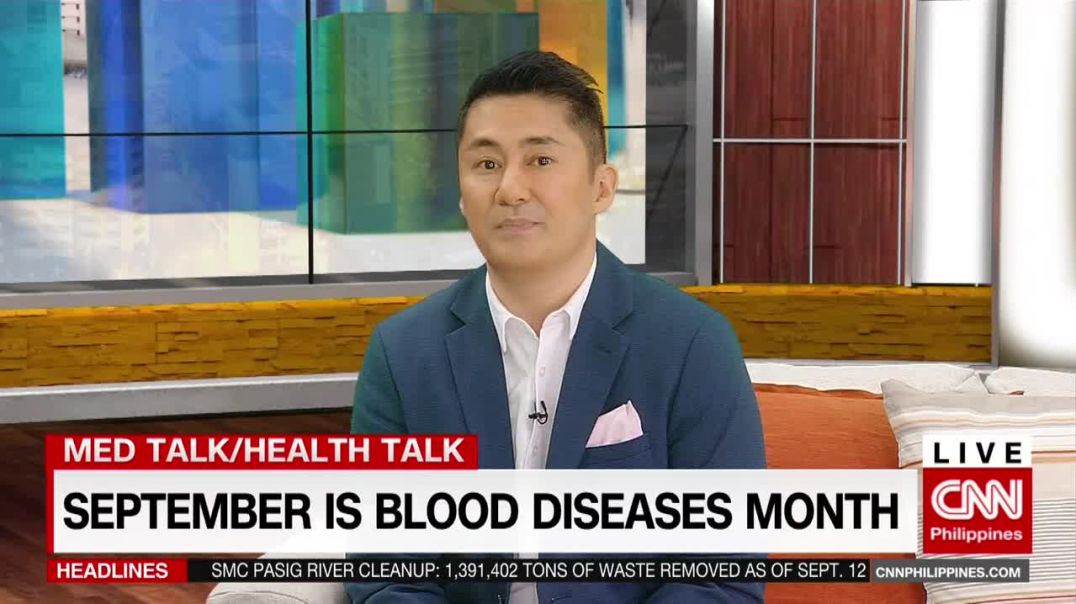Understanding Chronic Lymphocytic Leukemia with Lindsey Roeker, MD
Lindsey Roeker, MD gives a deep dive into Chronic Lymphocytic Leukemia.
About Dr. Roeker: Lindsey Roeker, MD Memorial Sloan Kettering Cancer Center.
Treatment Options
Common drugs or drug combinations used as initial treatments for CLL/SLL include: Ibrutinib (Imbruvica), Ibrutinib (Imbruvica) and obinutuzumab (Gazyva), Chlorambucil (Leukeran) and obinutuzumab (Gazyva) and Venetoclax (Venclexta) and obinutuzumab (Gazyva).
Occasionally patients might also be treated with chemotherapy, or other nonchemotherapy combinations. These options include CG (chlorambucil [Leukeran] and obinutuzumab [Gazyva]), FCR (fludarabine [Fludara], cyclophosphamide [Cytoxan), rituximab [Rituxan]), Ofatumumab (Arzerra) and chlorambucil (Leukeran), Rituximab (Rituxan) and chlorambucil (Leukeran).
For patients whose disease becomes refractory (does not respond to treatment) or relapses (disease returns after treatment), subsequent therapies may be successful in providing another remission. Some common agents that may be used either alone or in combination for relapsed/refractory CLL and SLL include Ibrutinib (Imbruvica), Venetoclax (Venclexta) +/- rituximab (Rituxan), Idelalisib (Zydelig) and rituximab (Rituxan), Bendamustine (Bendeka, Treanda) and rituximab (Rituxan).
Treatments Under Investigation
Many treatments are currently being tested in clinical trials for patients with both newly diagnosed and relapsed/refractory CLL/SLL. Several chemoimmunotherapy agents are being explored as induction therapy in newly diagnosed patients. In addition, the efficacy and safety of agents such as lenalidomide (Revlimid), acalabrutinib (Calquence), ME-401, SNX-5422, DTRMWXHS-12, XmAb13676, pembrolizumab (Keytruda), ublituximab, umbralisib, MOR208, cerdulatinib, and multiple other drugs are being investigated alone or as part of combination therapy regimens in patients with relapsed/refractory disease. Another area of research for treating CLL is genetically engineering patients’ own T cells to recognize and kill CLL cells, referred to as chimeric antigen receptor (CAR) T-cell therapy. Finally, researchers are also investigating ways to improve stem cell transplantation in patients with CLL/SLL. It is critical to remember that today’s scientific research is continuously evolving. Treatment options may change as new treatments are discovered and current treatments are improved. Therefore, it is important that patients check with their physician or with LRF for any treatment updates that may have recently emerged. It is also very important that all patients with CLL consult with a CLL specialist early in their disease journey.
The Lymphoma Research Foundation is the nation's largest non-profit organization devoted to funding innovative research and providing people with lymphoma and healthcare professionals with up-to-date information about this type of cancer.
LEARN MORE!
http://lymphoma.org/
http://facebook.com/lymphomacommunity
http://twitter.com/lymphoma
http://instagram.com/lymphomacommunity/























SORT BY-
نظرات برتر
-
آخرین نظرات